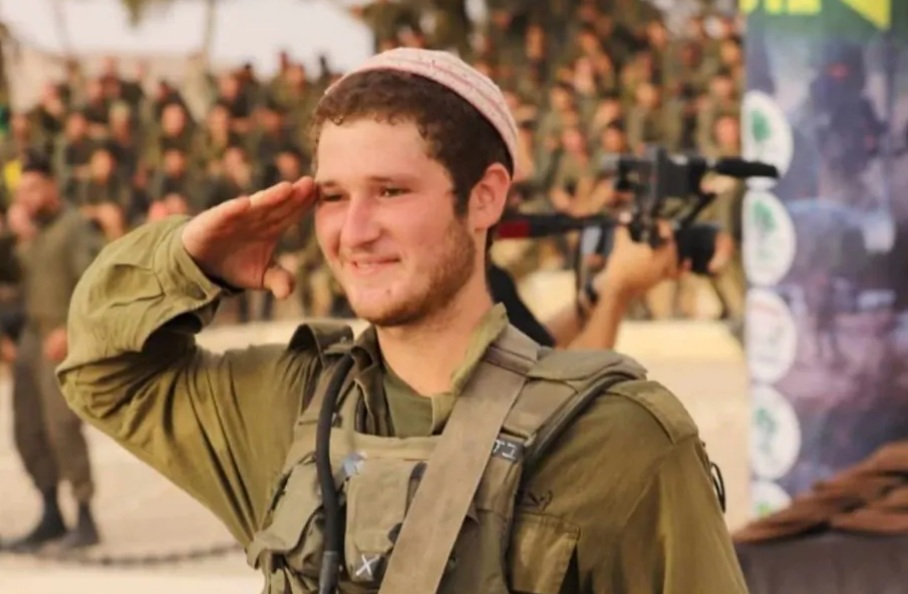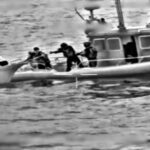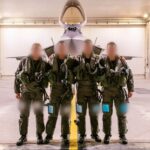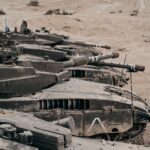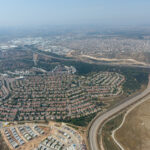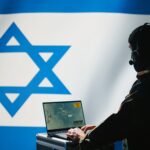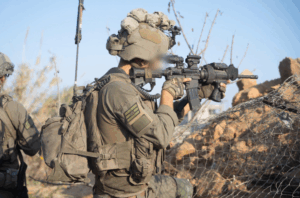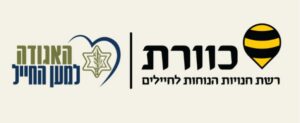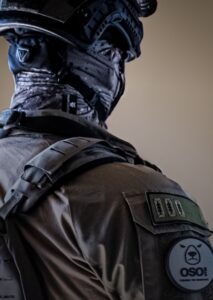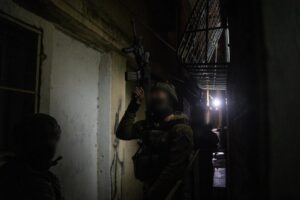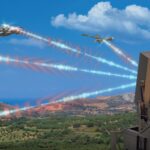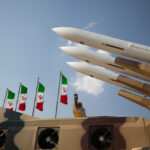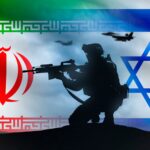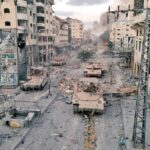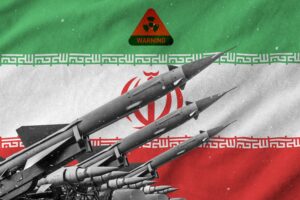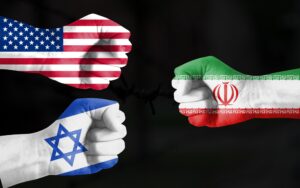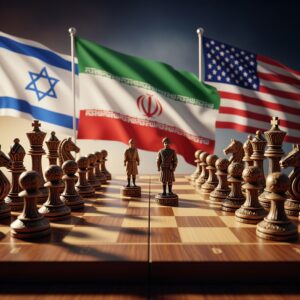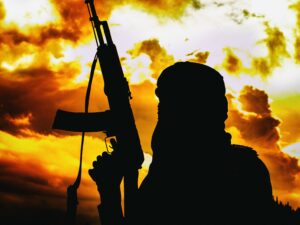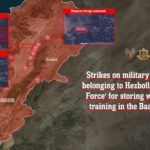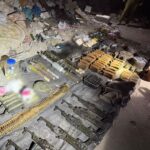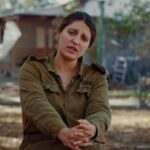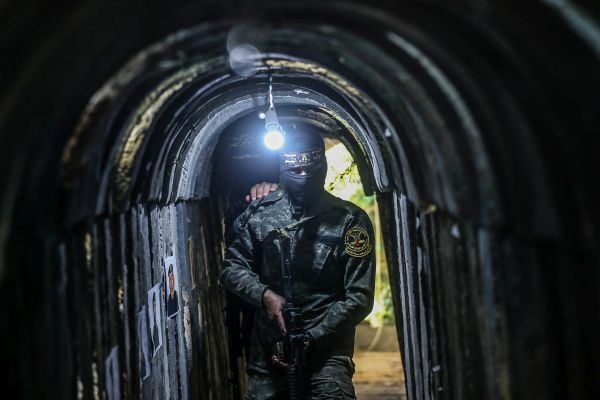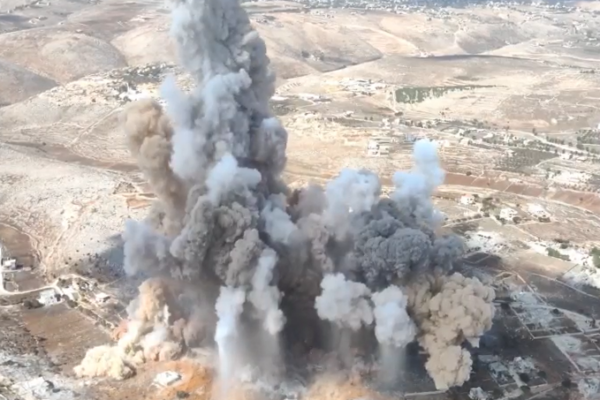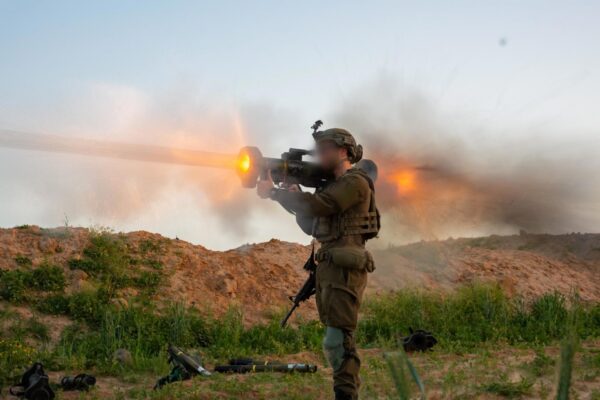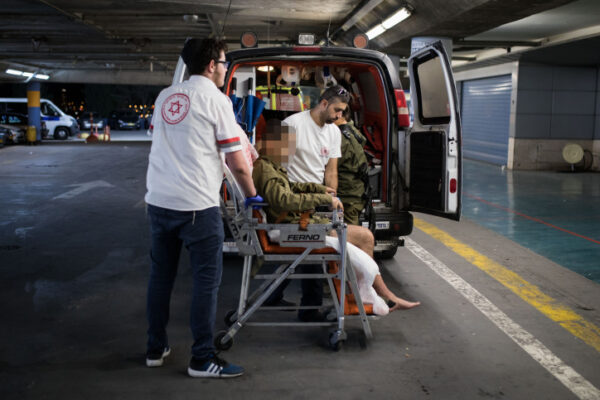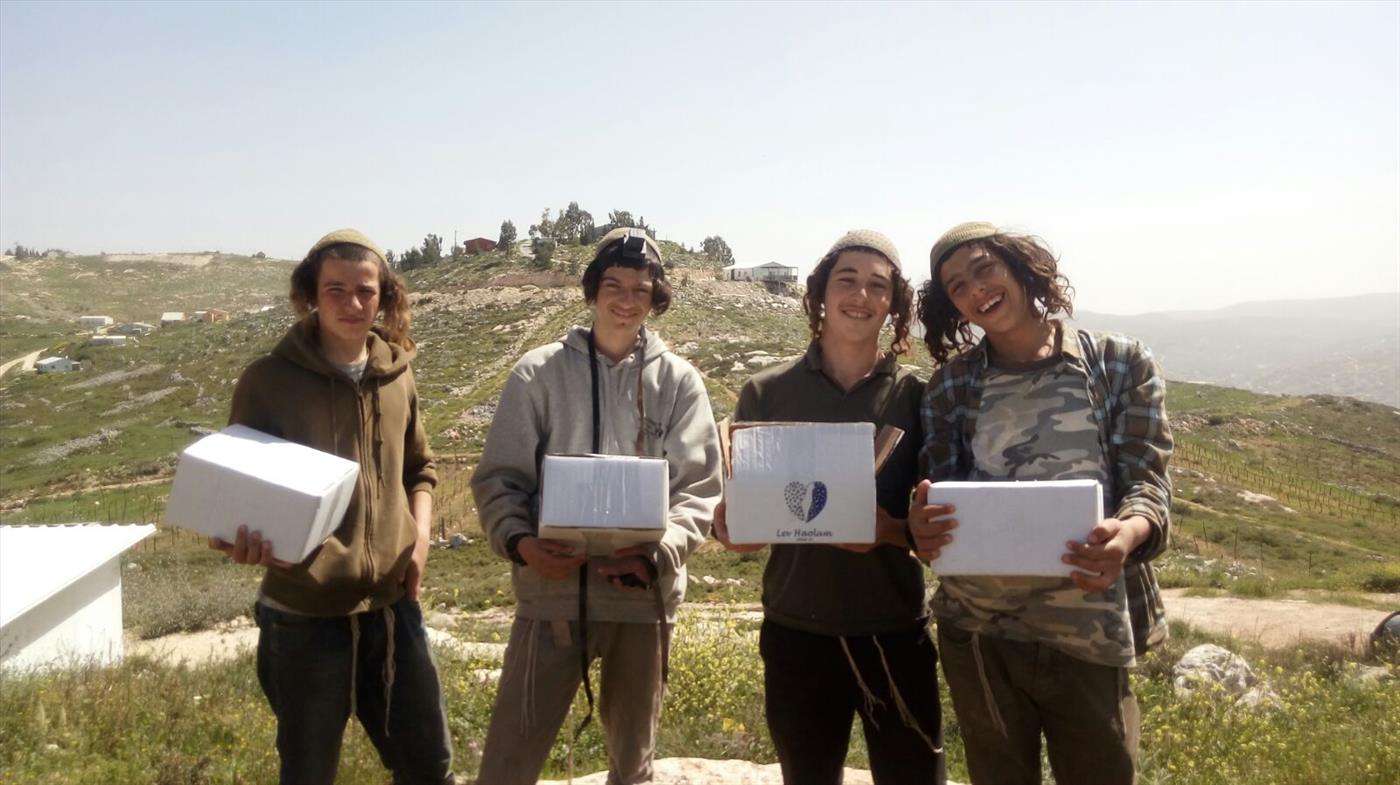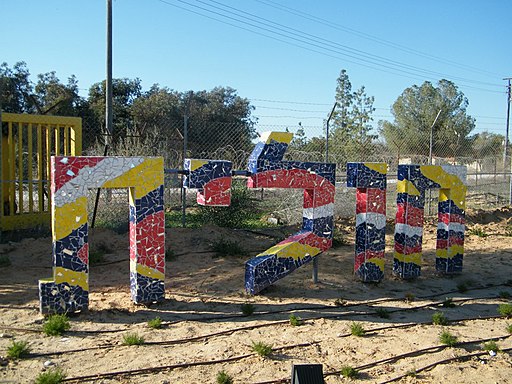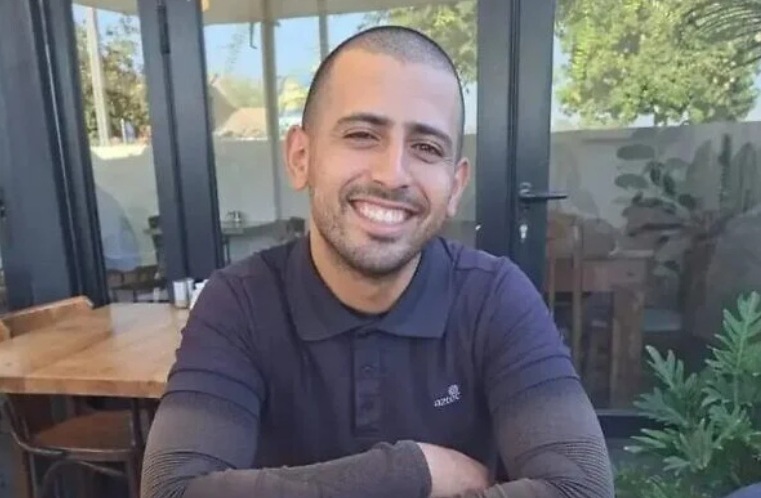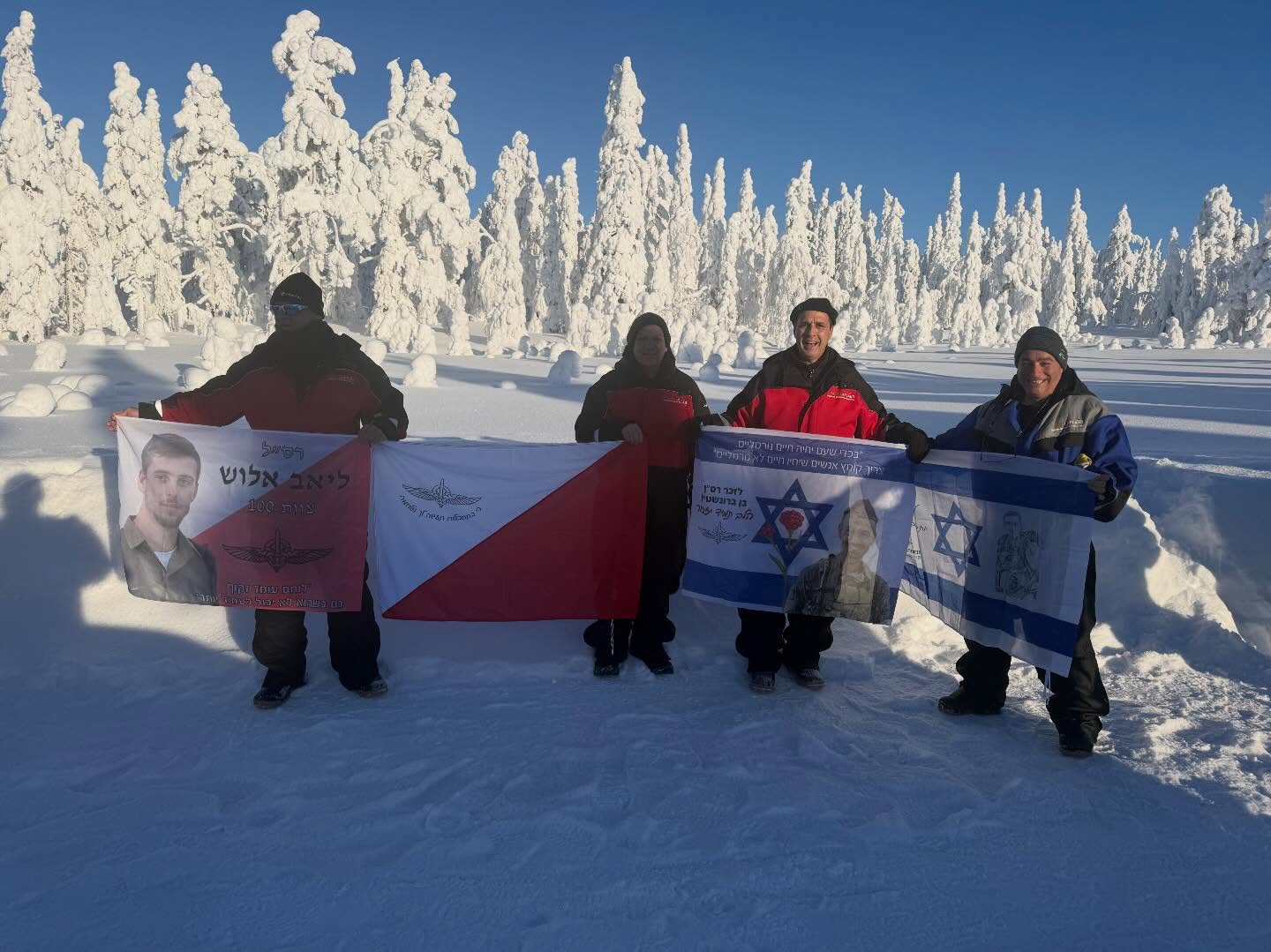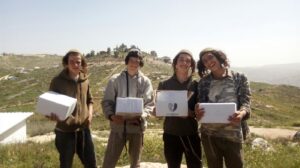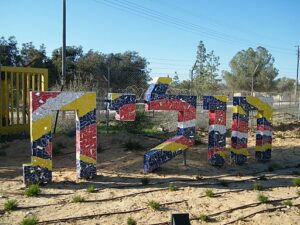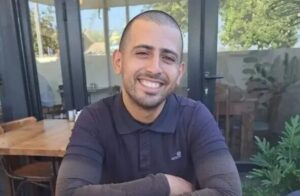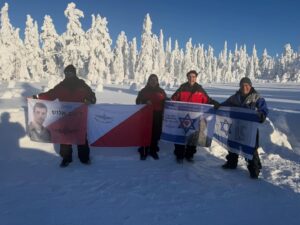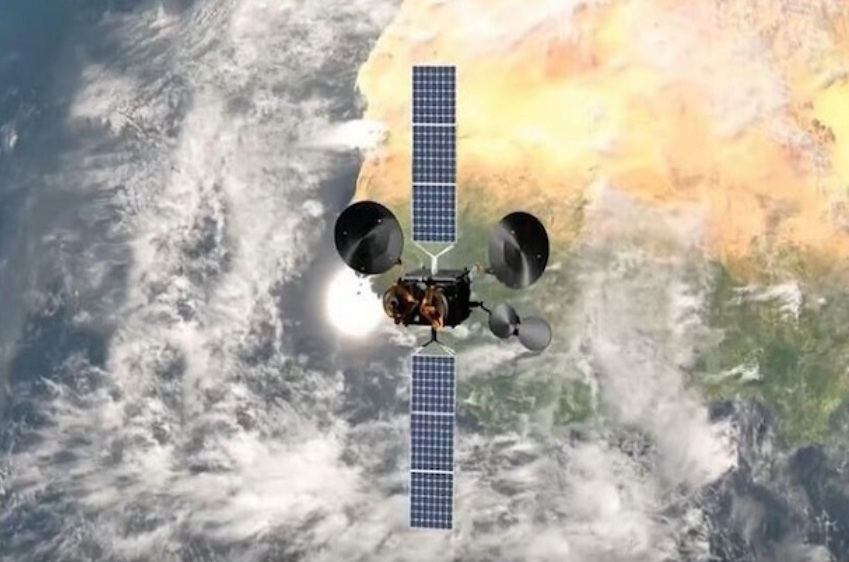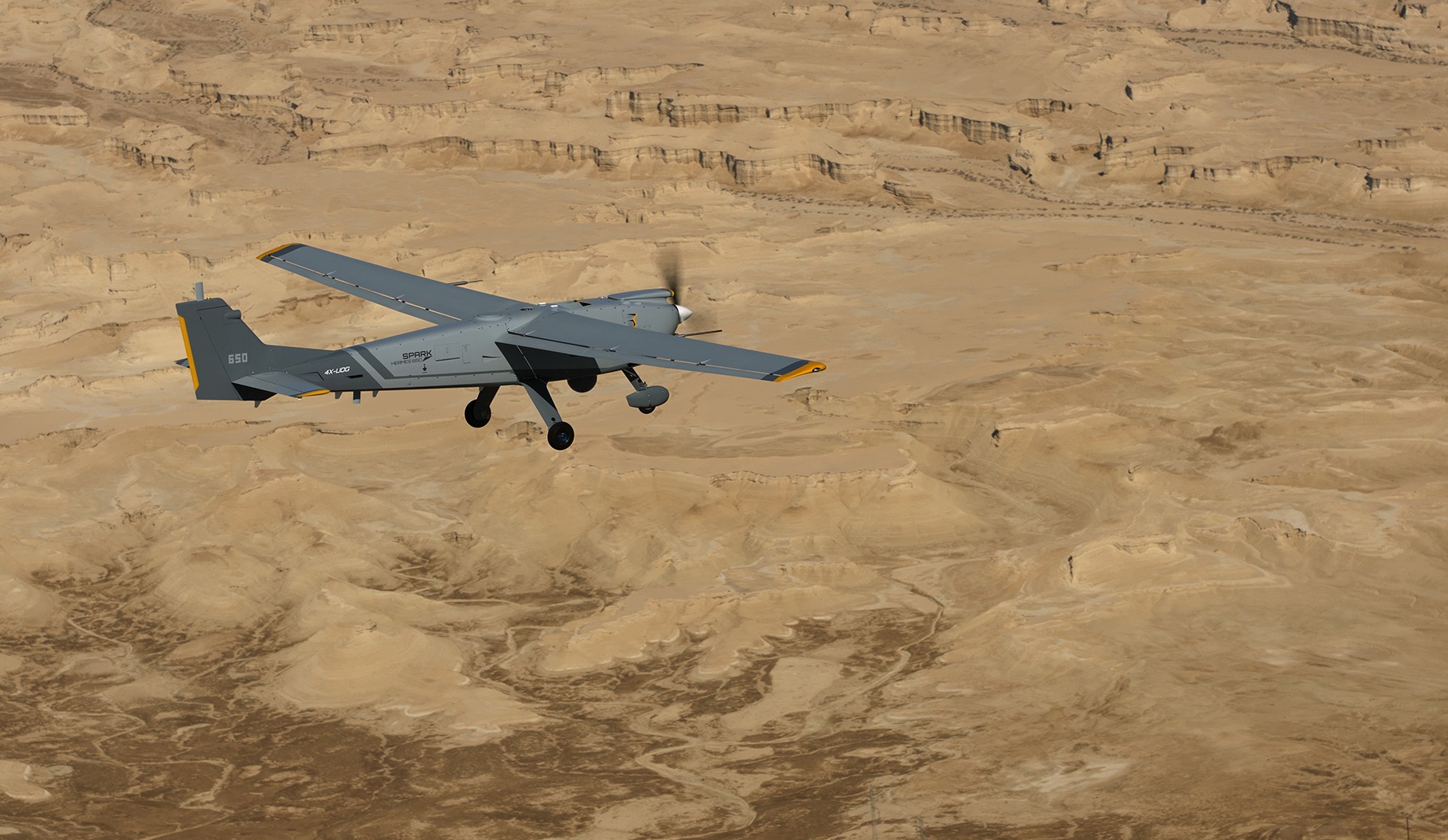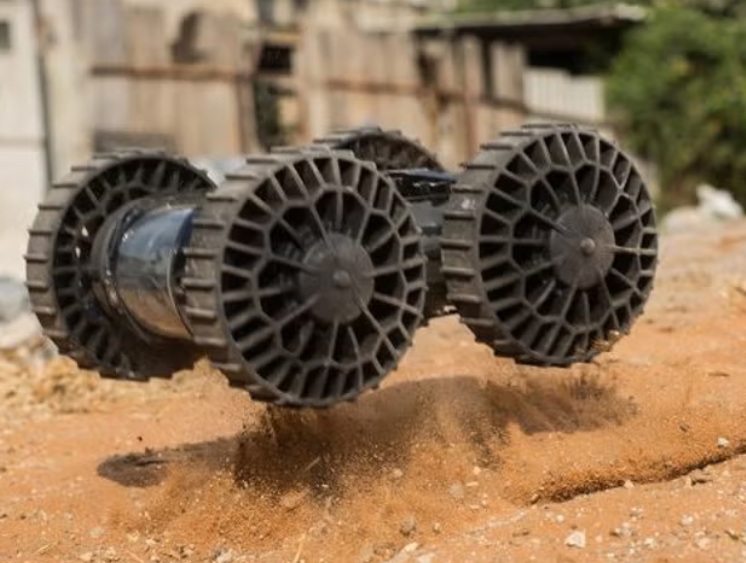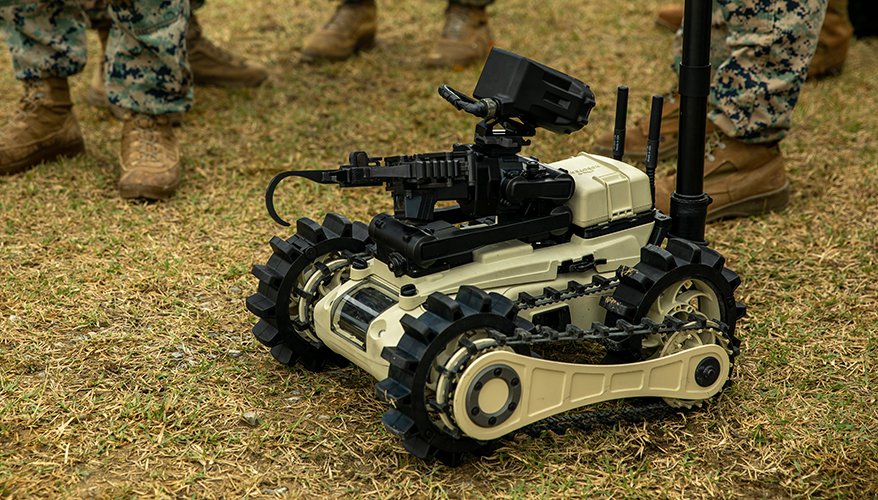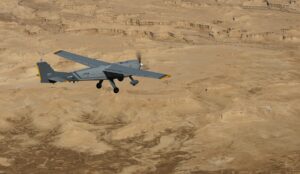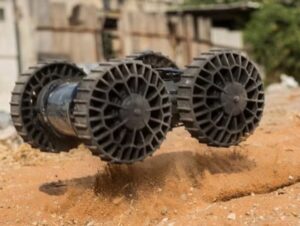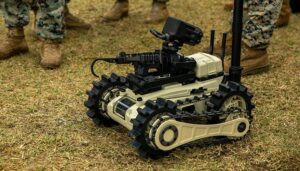‘The first week in the hospital- I couldn’t move a thing. Only my eyes and lips.’
By Hezy Laing
Yochai, a student at the Hesder Yeshiva in Yeruham, joined the ranks of the Golani Brigade as a combat soldier.
On October 7th, he was sent into Gaza with the 13th Battalion. “It was terrifying,” he admits, “but we went in with a deep sense of purpose. We were driven by the memory of our fallen brothers—to honor them, to seek justice, and to reclaim our dignity as a nation.”
He spent two months fighting in Gaza, completed a company commander course, and returned to lead troops. “I felt the weight of every decision,” he reflects. “The officers and soldiers beside me are the finest in the IDF. Instead of wearing down, we grew stronger with each challenge.”
In June, he was deployed to Shajaiyah—the same area where his battalion commander, Lt. Col. Tomer Greenberg, and company commander, Maj. Roi Meladsi, were killed. “They were heroes to me,” Yochai says with emotion. “I admired them deeply.”
On June 28, Yochai was seriously wounded. “A terrorist squad ambushed us from a nearby building. In a fierce firefight he suffered a devastating injury. “I was hit by nine bullets, four were stopped. One struck my weapon, two hit my vest, and one hit a grenade,” he recounts.
“Because of changes made after Maj. Eliraz Peretz’s death, IDF grenades no longer detonate on impact. That saved my life. I called his mother, Miriam Peretz, to thank her. She was deeply moved.”
But five of those bullets penetrated his body, causing severe trauma, including a spinal cord injury that left him paralyzed and in critical condition.
He vividly recalls the moment: “Pain shot through my legs. I froze. Someone shouted I was dead. They cleared the area, thinking I was gone. Only during evacuation did I open my eyes. They gave me blood. It was a miracle I survived.”
His evacuation was chaotic and nearly fatal. Fellow soldiers mistakenly believed he was dead and almost left him behind. Only during the extraction did he regain consciousness, and emergency blood transfusions stabilized him. From that moment, Yohai began a long and grueling journey of recovery.
“The first week in Soroka – I didn’t move a thing. Only my eyes and lip movements. I didn’t breathe on my own. I didn’t speak. I didn’t eat. At the beginning of the journey in Tel Hashomer – I was completely paralyzed. Connected to a ventilator.”
At Sheba Medical Center, Yohai entered intensive rehabilitation. He described his daily routine as “working hard from morning to night”, moving between physical therapy, neurological treatment, and emotional support.
Yohai Boldev’s story is not only one of physical survival—it’s a profound journey of faith, divine protection, and spiritual resilience. Yet, through what he and many others describe as a series of miracles, he survived against staggering odds.
Nothing now is taken for granted. The ability to think. Love. Speak. Breathe. Scratch your nose. Raise your hand. Sit down. Every action is a miracle. “It took me six months to be able to scratch my nose myself. Until then – I had someone by my side 24/7.”
“To understand how important your hands are. How difficult it is without them. How simple digestion is a gift.” The wisdom is not to wait until you are missing it to appreciate. But to appreciate now.
He is also lucky to have a very supportive environment. “I was blessed with friends who come every Shabbat, parents who made a revolution so that I would be well, the best personal therapists. In hard times you discover what your environment is made of – only when it’s hard. But it’s always there.”


